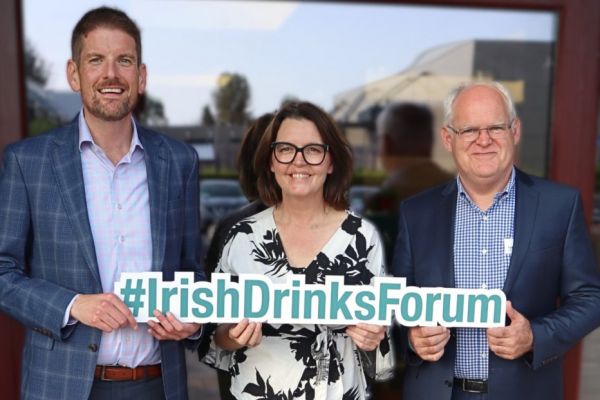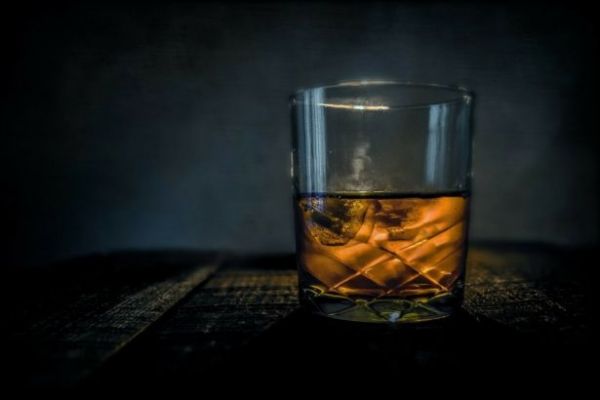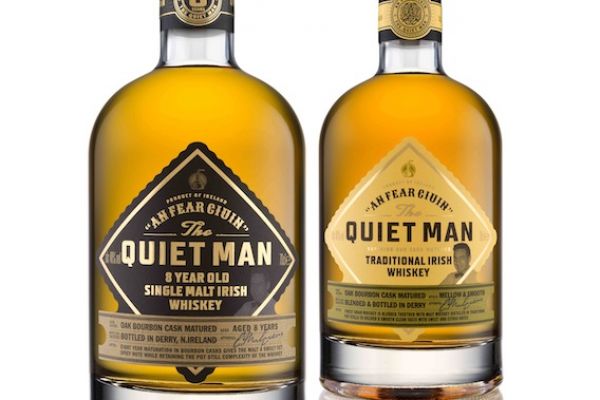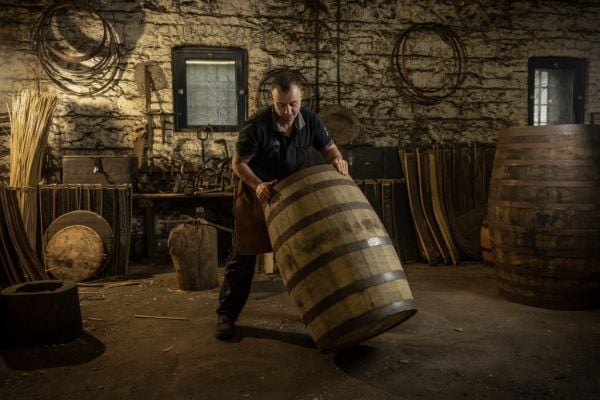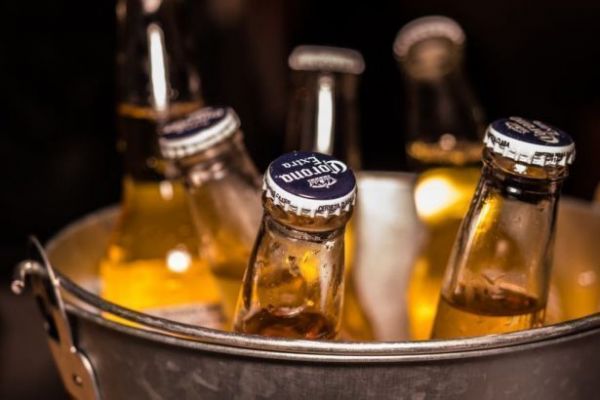A Mexican liquor is beginning to win over the hearts of US consumers, and it's not tequila.
Pernod Ricard, the world's second-largest distiller, is creating a brand to join rival Diageo Plc in the growing market for mezcal, a premium agave-based spirit. The brand, which will hit US shelves in the first half of 2017, is the latest investment in the category by a large beverage company.
Sometimes called tequila’s cousin, mezcal is typically distilled by small producers from as many as 30 types of agave, a succulent plant native to Mexico and the southwestern US. The agave is cooked in an earth-covered pit, an artisanal process that gives mezcal its distinctive smoky flavor and distinguishes it from tequila, which usually is produced by more industrial methods. Contrary to rumor, mezcal has no relation to the hallucinogen mescaline.
"Mezcal is something we’ve been looking at for a while," Pernod Ricard Chief Executive Officer Alexandre Ricard said in an interview. “A team of young recruits at Pernod Ricard Mexico are working on building a small-village brand from scratch, and some of the value will be shared with the local community.”
Global sales of mezcal rose to a record $80 million last year, according to International Wine & Spirits Research. In the U.S., Pernod Ricard and Diageo have benefited from the rising popularity of tequila amid slower vodka sales. From 2010 to 2015, combined sales of tequila and mezcal rose 30 percent by volume in the US, more than any other alcohol category except cognac, according to data from Euromonitor International. By contrast, vodka sales increased 17 percent.
Spirits makers are betting that mezcal will build on the popularity of artisanal products like super-premium tequila, craft beer and small-batch bourbon.
"This is a progression further into an exploration of the different manifestations of the agave plant itself," said Alex Tomlin, a Diageo North America senior vice president who oversees the company’s tequila business. Still unknown in certain parts of the US, mezcal is now essential for any craft spirits bar, he said.
In February, London-based Diageo, the world’s largest distiller, signed a distribution agreement with Mezcal Union, a Mexico City-based brand that’s only five years old. The deal is meant to increase distribution in the U.S.
“As people start caring more about the chef behind their favorite restaurant, the bartender behind the bar, as more people start riding their bikes instead of their cars, mezcal will fit right in this trend of going back to basics,” said Alejandro Champion, one of Mezcal Union’s founders.
Sales of agave-based spirits are increasingly riding on the appeal of local craftsmanship to younger consumers who prefer small-batch products to mass-market liquor. It’s a conundrum for companies that are seeking to boost sales of craft products but are reluctant to industrialize. Diageo, for instance, wants to double production capacity for its premium Don Julio tequila by 2021 but is still studying how to do so without cutting corners, CEO Ivan Menezes said in an interview.
Mezcal Union, among the most popular mezcal brands in Mexico, sold 6,600 bottles in its first year of operation. Sales jumped to 72,000 bottles in 2015, of which 30 percent was exported, mainly to the US.
Enter Cheech
Diageo and Paris-based Pernod Ricard aren’t the only recognizable names getting into the category.
Cheech Marin, best known as one half of the stoner comedy duo Cheech & Chong, was a teenager on a trip to Tijuana the first time he tried mezcal.
“It was a novelty item -- you had these bottles that had a worm in it or a scorpion or something,” he said. “It’s really not mezcal; it’s like gasoline with alcohol in it.”
Now Marin is partnering with Edward Caan, CEO of Riviera Imports, to bring a mezcal product to the U.S. The brand, called Tres Papalote, is now on sale in nine states.
Lisa Derman, an industry veteran, said she had long considered leaving Big Alcohol to work at a smaller brand. It’s relatively rare to see a new growing category in spirits, so taking the CEO position at Gem & Bolt, an upstart mezcal company, was the opportunity she was looking for.
“There’s still a lot to do to educate the consumer, but as soon as you say, ‘You remember mezcal, Tequila’s sexy cousin,’ there’s an immediate connection,” said Derman, a former chief operating officer at Stoli Group USA, which distributes Stolichnaya vodka.
News by Bloomberg, edited by Hospitality Ireland

